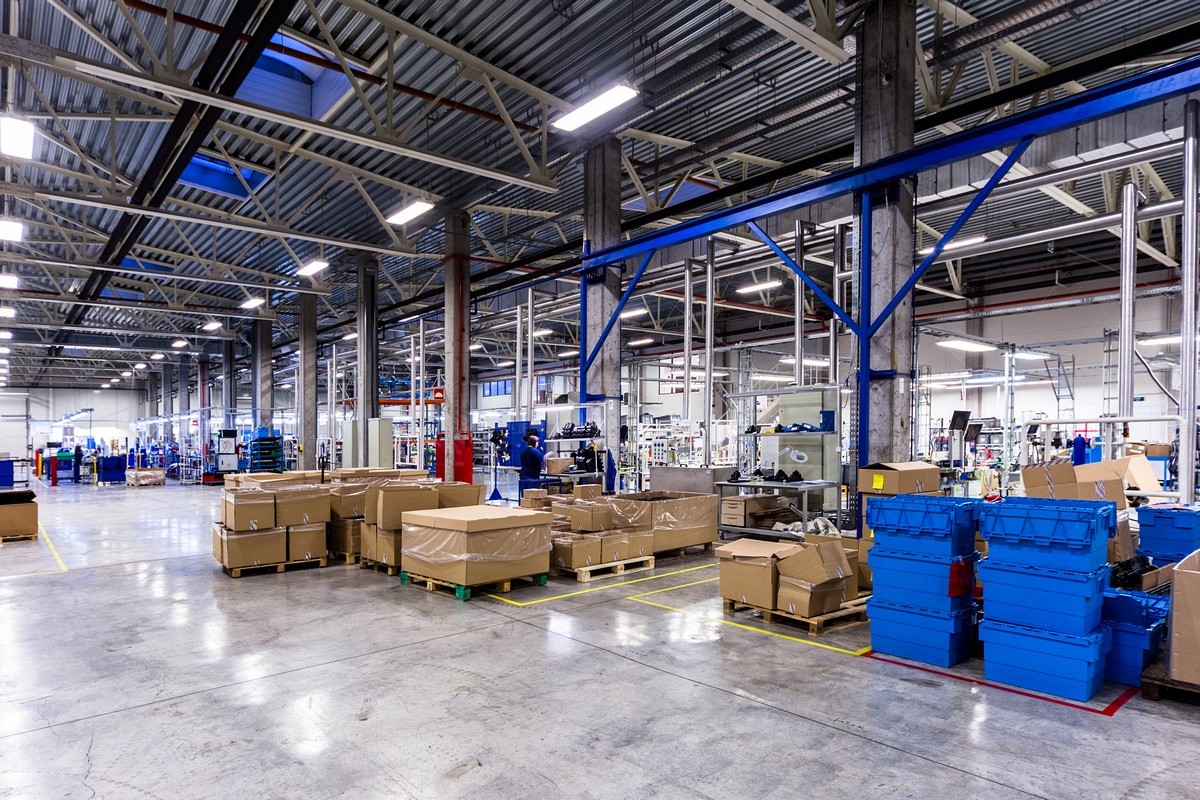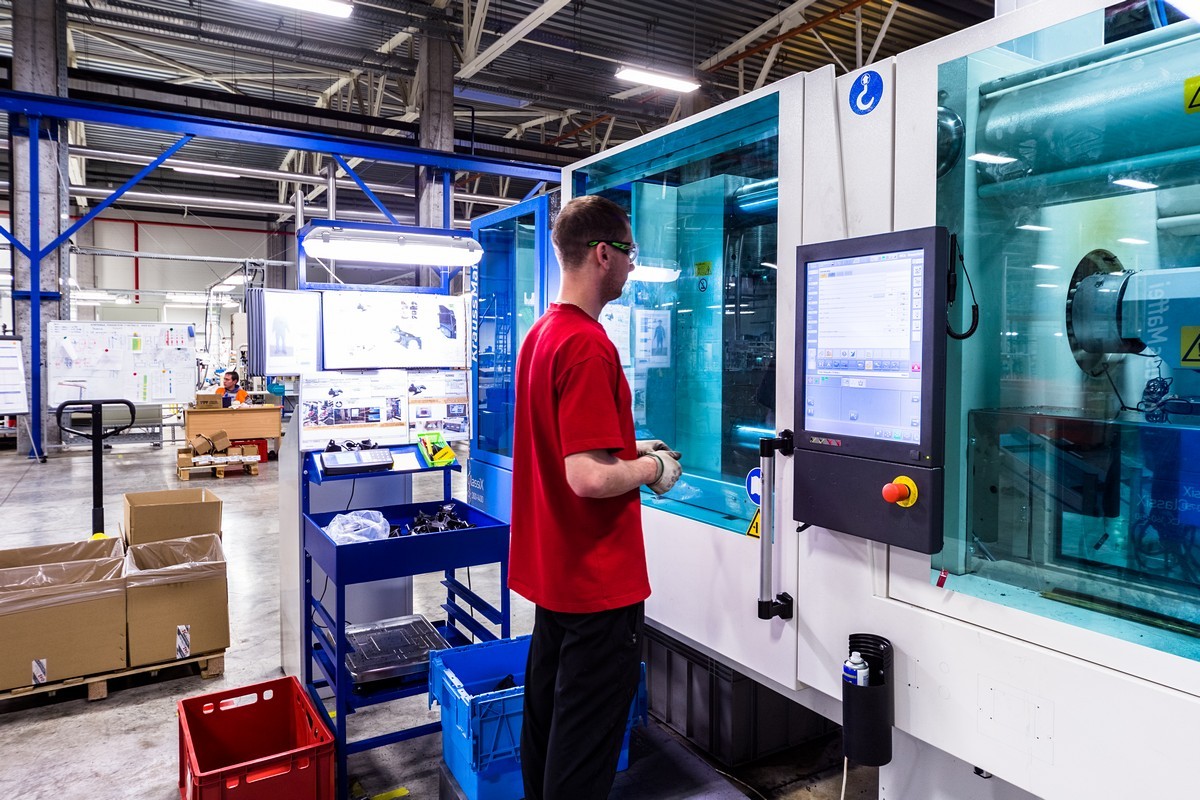Work in SEZ reduces bureaucratic risks for a foreign company
Vyacheslav Kipurov, Director of Nobel Automotive Russia LLC, the first resident of JSC «SEZ «Togliatti», told «Kommersant» about how the company is going through the crisis in 2020, as well as whether the location on the territory of the SEZ helps or not.
— Vyacheslav, first of all, tell us what was the key factor in making a decision on the construction of production facilities on the territory of the SEZ?
— In fact, everything is simple. Benefits and preferences provided to investors of the special economic zone were in the first place when making a decision. The most important thing for us was an access to energy resources, as well as low cost of its connection. In addition, we paid special attention to the possibility of buying land ownership at a very low cost. Since we specialize in the automotive components production, the location of the production area was very convenient for us, as it is close to our main consumers.
The presence of modern infrastructure on the territory of the SEZ, as well as support for a project at all stages of implementation by the management company reduce bureaucratic risks, that is especially valuable for us as a foreign investor. Also, the preferential tax system gives great opportunities for saving, when it is most needed.
— What are the pros and cons for a foreign company to create production on the territory of the special economic zone?
— It seems to me that it is much more convenient for foreign companies to work in such zones, as there is always support for the project from the administrative and technical team of the SEZ, which helps to resolve all issues with the Supervisory authorities. It is especially important for foreign investors who are not familiar with these specifics in Russia. I can't say that we've faced difficulties that we couldn't overcome. Probably, the most significant challenge was to prepare the infrastructure during the plant construction, but for today's residents such obstacles do not exist.

— What is the total investment in the production?
— Today, it is about 600 million rubles. The original business plan was more optimistic, as it was created before the crisis and the market decreased in two times. However, we changed our focus and due to the support of our parent company, we have launched several export projects. It let us significantly increase the volume of revenue, in euros, and thereby reduce the dependence on exchange rate fluctuations. We keep on working on the development and several new projects are in process-we plan to establish cooperation with French partners.
I think that export is the most promising direction for development. The neighboring market is ten times larger than ours and it will also create conditions for localization deepening. An additional state support in the form of transport subsidies also helps us. I must say that it was a kind of impetus to start export projects implementation.
— 2020 was not easy. Tell us about difficulties you faced with? How did the fact that you are the SEZ «Togliatti» resident help you overcome the crisis?
— First of all, especially at the beginning of the pandemic, the awareness about state decisions on restrictions and requirements to the work at the enterprise played the most important role. We could always get this information and support. It was especially important when some companies, including our main consumer «Volzhsky Avtomobilny Zavod» started production after quarantine. We needed to get passes for employees and transport, implement measures to prevent COVID-2019 at the enterprise. The administration of the SEZ «Togliatti» and the Cluster of Automotive Industry helped us a lot. They provided information about decisions and orders, so that we could coordinate our actions with sufficient confidence. Sometimes, we kept in touch every day. The Ministry of industry and trade also provided significant support in protective means purchase. I think, everything was done perfectly.
Talking about the changes, except temperature control, wearing masks and other preventive measures, I can emphasize an increased distance work flow. When possible, we still maintain this mode.

— How did the pandemic and crisis 2020 affect production volumes and financial indicators?
— Well, like everyone else, the market decline, drop in sales by 35% for the year. We are glad that the market has recovered since September and even exceeded our budget expectations for some projects, but the ruble depreciation factor strongly affects the possibility of making a profit, since 75-80% of materials are imported or directly related to the exchange rate. Now, it is the main negative factor that affects the financial performance and does not make it possible to compensate for the losses of the second quarter.
— How do you assess the authority’s actions in terms of business support during the pandemic?
— Generally, quite well. The level of awareness and interaction was very high and a lot of attention was paid to way out of the quarantine and measures development to reduce the consequences of downtime and market decline. If we talk about direct support measures, we were not able to get them, because our founder is a foreign company, therefore we are considered as a large business and main support measures were intended for SMEs. However, as I’ve said before, communication support for getting out of quarantine was more significant for us. We were able to save almost all the staff. Today, the situation in the company has stabilized, the recruitment of employees for new projects is open. We can see business development prospect for the next two or three years.
Reference: Nobel Automotive Russia LLC — is a subsidiary of the Turkish Corporation Orhan Holding which specializes in the automotive components production. The company moved the production of fuel pipelines (operating since 2011) to the SEZ, that was previously located on leased areas in Togliatti. Production was launched in 2014.
The original article is http://volgaprojects.kommersant.ru/monotowns/kipurov


